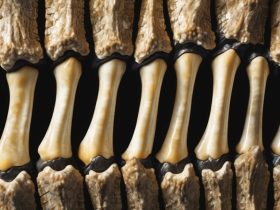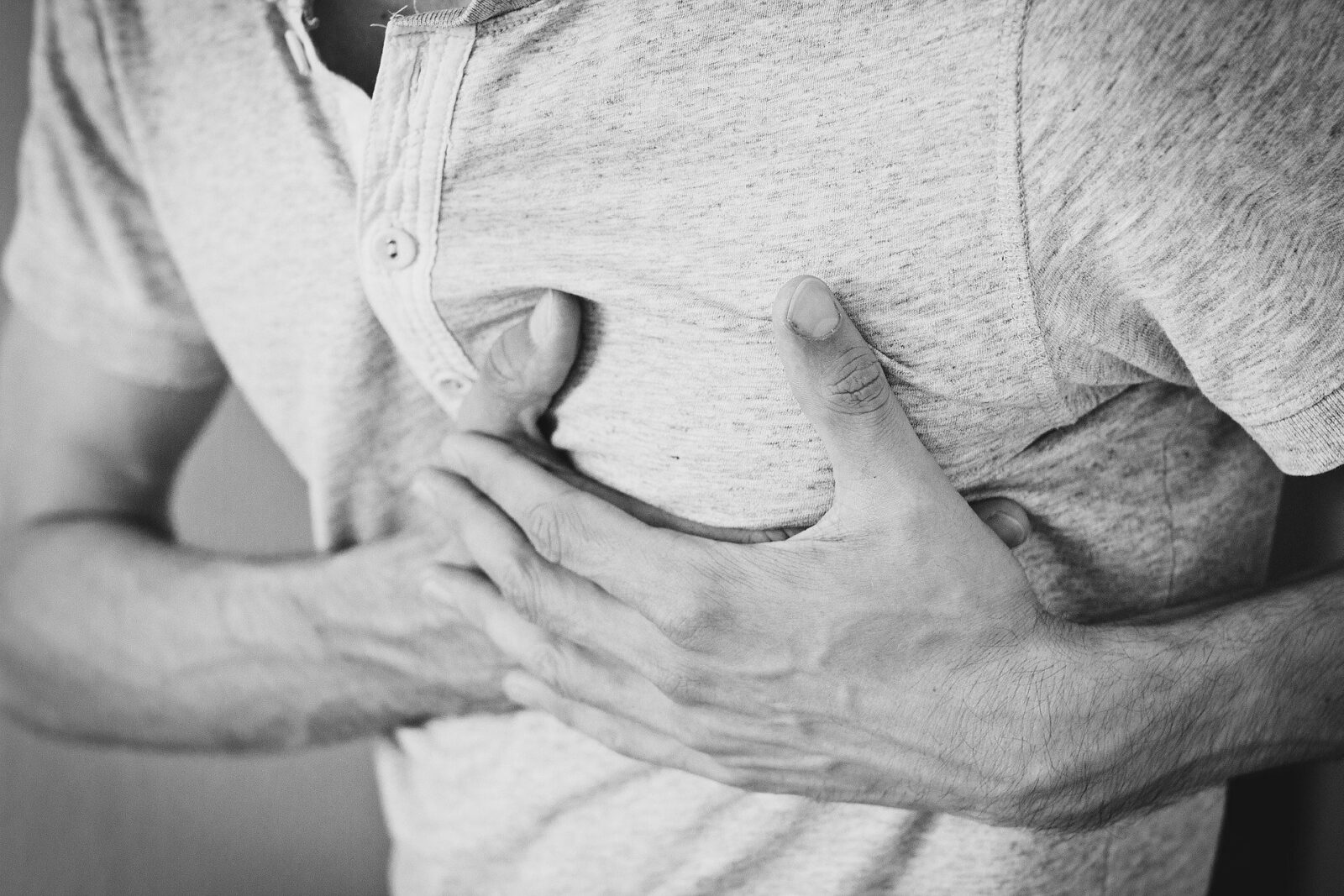Myocarditis is an inflammation of the heart muscle (myocardium). It seems like there could be a link between this heart condition and the vaccine against Covid-19. However, at the moment, there is not enough evidence to support the possible association. Can the RNA (mRNA) vaccine affect the health of the heart?
Myocarditis Cases After Vaccination
According to the database of Clalit Health Services in Israel, 2.13 cases per 100,000 persons have been affected with myocarditis. These people have taken at least one dose of the Pfizer–BioNTech vaccine. Science experts conducted a Kaplan–Meier analysis of the incidence of myocarditis up to 42 days after the vaccination.
The analysis shows that males are more prone to myocarditis than females. The results state 10.69 cases per 100,000 persons in male patients. The odd thing is the patients’ age. Most of the cases are males between 16 and 29 years. Luckily, 76% of cases of myocarditis are not severe. Patients experienced mild myocarditis. However, 22% of cases had intermediate inflammation, and one case experienced a cardiogenic shock.
According to the results, a patient with myocarditis died of an unknown cause. Also, 14 people suffered from ventricular dysfunction. However, five of them healed upon receiving treatment. Scientists monitored the results 83 days after myocarditis diagnosis. These patients received the vaccine sometime between December 20, 2020, through May 24, 202. Again, there is not enough evidence to support the link between Covid-19 vaccines and this heart condition.
Conclusion
Most patients experienced mild or moderate myocarditis. This heart condition mostly affected men between 16 and 29 years. The common symptom was chest pain—82% of cases. However, most of these patients had preexisting myocarditis. These results offer reference points only because patients needed an endomyocardial biopsy for a definitive diagnosis. Only one patient received this examination.
The analysis is funded by the Ivan and Francesca Berkowitz Family Living Laboratory Collaboration at Harvard Medical School and Clalit Research Institute.


























Leave a Reply